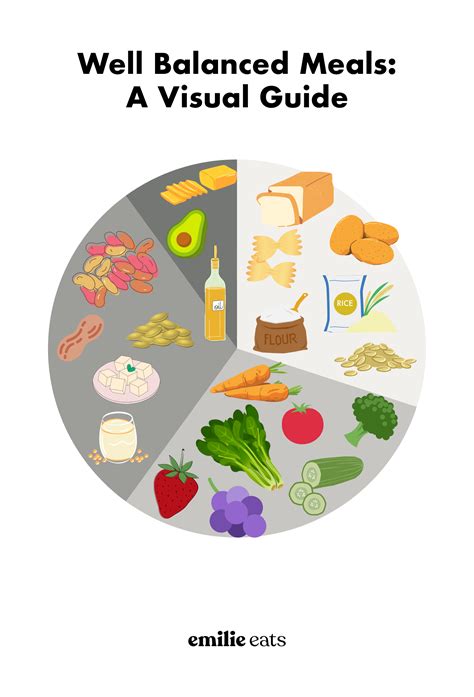What diet naturally boosts male testosterone for peak performance & vitality?
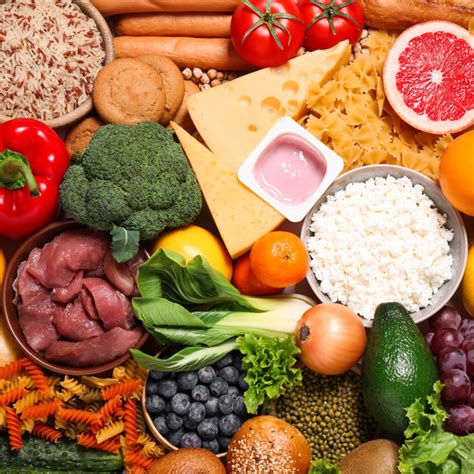
Understanding Testosterone’s Vital Role
Testosterone, the primary male sex hormone, plays a critical role far beyond just sex drive. It’s instrumental in maintaining muscle mass, bone density, red blood cell production, fat distribution, mood, and energy levels. As men age, testosterone levels naturally decline, often leading to symptoms like fatigue, decreased libido, weight gain, and reduced cognitive function. While medical interventions exist, adopting a strategic diet can be a powerful, natural way to support healthy testosterone production and reclaim peak performance and vitality.
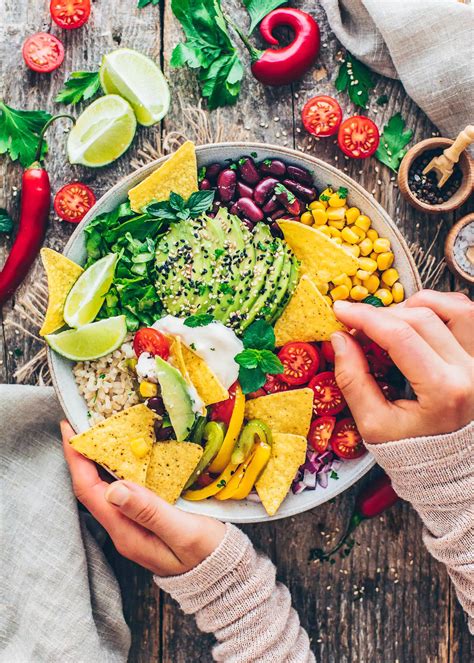
Essential Nutrients for Testosterone Synthesis
Certain vitamins and minerals are directly involved in the complex biochemical pathways that lead to testosterone production. Incorporating foods rich in these nutrients is fundamental:
- Zinc: Crucial for hormone regulation and testosterone synthesis. Zinc deficiency is often linked to low T levels.
- Vitamin D: More than just a vitamin, it acts as a steroid hormone in the body. Research consistently links higher Vitamin D levels to higher testosterone.
- Magnesium: Helps reduce Sex Hormone Binding Globulin (SHBG), a protein that binds to testosterone, making it unavailable. Lower SHBG means more free testosterone.
- Selenium: An antioxidant that supports overall endocrine health.
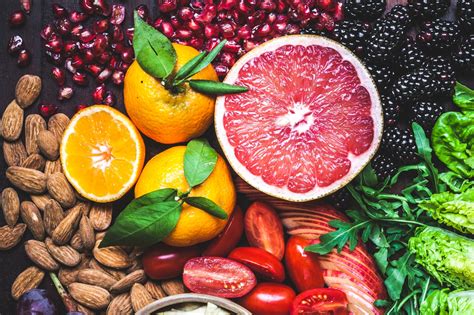
The Power of Healthy Fats
Cholesterol is a precursor to testosterone, making healthy fats absolutely essential for hormone production. Don’t shy away from fats; focus on the right kinds:
- Monounsaturated Fats: Found in avocados, olive oil, nuts (almonds, pecans), and seeds.
- Omega-3 Fatty Acids: Abundant in fatty fish like salmon, mackerel, and sardines, as well as flaxseeds and walnuts. These fats help reduce inflammation, which can negatively impact hormone balance.
- Saturated Fats (in moderation): While often demonized, a moderate amount of saturated fat from quality sources (e.g., grass-fed beef, eggs) is necessary for testosterone synthesis. Avoid trans fats entirely.
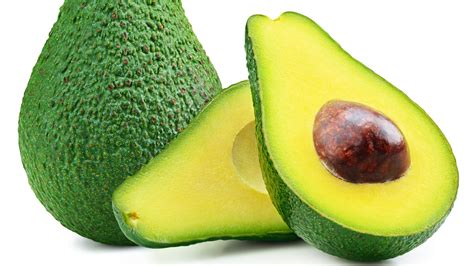
Lean Protein and Complex Carbohydrates
Protein is vital for muscle growth and repair, which is intrinsically linked to testosterone’s effects. Aim for adequate protein intake from diverse sources:
- Lean Meats: Beef, chicken, turkey (especially pasture-raised options).
- Fish and Seafood: Salmon, tuna, oysters (a zinc powerhouse!), shrimp.
- Eggs: Whole eggs are packed with protein, healthy fats, and cholesterol, all beneficial for testosterone.
- Legumes and Plant-Based Proteins: Lentils, beans, tempeh.
Complex carbohydrates provide sustained energy for workouts and daily function without causing sharp insulin spikes, which can interfere with testosterone production. Opt for:
- Whole grains like oats, quinoa, and brown rice.
- Starchy vegetables such as sweet potatoes and squash.
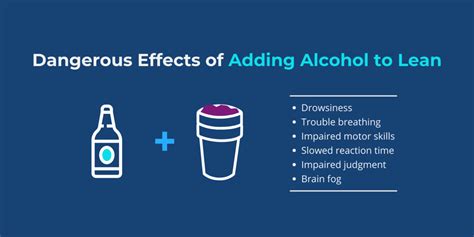
Foods to Prioritize and Foods to Limit
Prioritize:
- Cruciferous Vegetables: Broccoli, cauliflower, Brussels sprouts, kale. These contain compounds like indole-3-carbinol (I3C) and diindolylmethane (DIM) that help metabolize estrogen, potentially allowing more free testosterone.
- Onions and Garlic: Some studies suggest they may increase testosterone production and lower cortisol.
- Ginger: May have a positive effect on testosterone levels.
- Pomegranates: Rich in antioxidants, they can support overall health and potentially testosterone.
Limit or Avoid:
- Excessive Sugar and Refined Carbohydrates: Can lead to insulin resistance and increased body fat, both detrimental to testosterone.
- Processed Foods: Often high in unhealthy fats, sugar, and sodium, contributing to inflammation and weight gain.
- Trans Fats: Found in many fried and processed foods, these are highly inflammatory and negatively impact health.
- Excess Alcohol: Can impair testicular function and increase estrogen levels.
- Soy Products (in excess): While controversial, some research suggests very high intake of soy isoflavones might mildly lower testosterone. Moderation is key.
Putting It All Together for Peak Performance
A diet focused on natural testosterone boosting isn’t about exotic supplements; it’s about wholesome, nutrient-dense foods. By emphasizing healthy fats, quality proteins, complex carbohydrates, and a rainbow of fruits and vegetables, you create an optimal environment for your body to produce testosterone naturally. Combine this dietary approach with adequate sleep, regular strength training, and stress management, and you’ll be well on your way to experiencing peak performance, enhanced vitality, and a greater sense of well-being.
